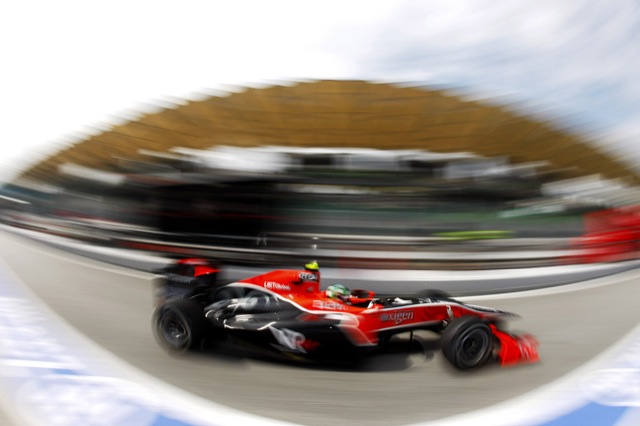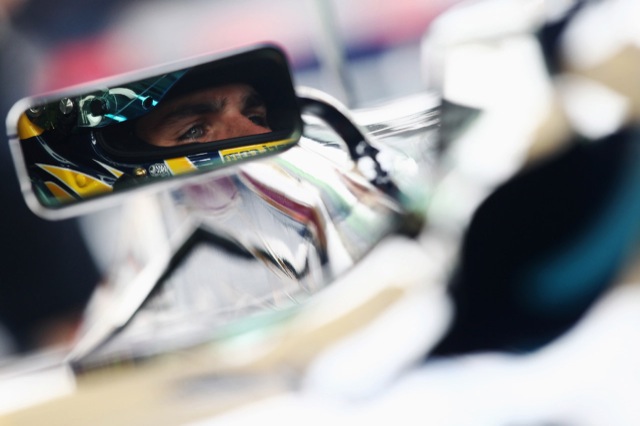What do I really think of
I remember when I first watched a
Hungaroring in 1995. It was towards the end of the season, and everyone was hyped at the
I remember a little about the Pacific Grand Prix, held at Aida in Japan. This was the race where I noted all the drivers and teams from Murray Walker’s commentary. I can remember trying to spell some of the foreign drivers’ names – Takachiho Inoue, Domenico Schiattarella, Massimiliano Papis etc…
My next vivid memory is the Australian Grand Prix at Adelaide in the same year. It was the last Grand Prix of the year, and everyone was talking about what happened the year previous when Michael Schumacher clouted Damon Hill and won the Championship in rather contentious circumstances. All the talking stopped though when Mika
Ron Dennis (Team Principal at
That kind of loyalty to a driver (and vice versa – driver to team) is incredible, and I have not really seen it since with the one exception of Michael Schumacher and
And as Ron Dennis promised, Mika was testing a McLaren prior to the 1996 season and was setting blistering lap times.
A year later at the end of the 1997 season, Mika won his first race at Jerez, and then took the 1998 and 1999 world titles – a truly exceptional driver, and a truly exceptional team.
Although it has to be said, that this story is a rarity. Generally, the business of
For sure, Button went to BAR because it wasn’t working at Benetton/
BAR’s 2004 season was so amazing and brilliant, I just can’t comprehend why anyone would want to leave it behind. Jenson said that he wants to win the title, and will drive for any team that will enable him to do this. In 2004, BAR comprehensively beat Williams, finishing only second to Ferrari in the Constructors Championship. Okay, so
I think that because of the shenanigans that took place mid 2004, the team lost a bit of momentum and morale. I think that this has hurt the development of the 2005 car, and that is one reason why they did not do well last year. The race ban that happened after Imola also plagued them a little. Jenson and Takuma had their points taken away from them at Imola, and Jenson only just managed to claw them back before the season finale.
The reason why I have discussed the Button-gate saga is make a comparison between this and the Hakkinen incident. There are many highs in Formula One. Some of them are instantaneous (like victories), and some come from pain and grief. There are also many lows. Some of these are also instantaneous, like the 2005 US Grand Prix, and others are dragged out like the Button-gate issue, or the sad loss of
So back to my question: What do I really think of Formula One?
A very passionate sport employing incredibly passionate people. A sport with immense heritage and prestige, that invites relentless pursuit of that elusive tenth-of-a-second, in order to gain a minute advantage over a rival. I often hear that horse racing is the sport of Kings. If that is the case, than
I think that the thrill of driving vehicles around a track at ridiculously insane speeds will never cease. People will always want to participate and/or watch a death-defying act or sport.
The
So with all these clever people around, I think the FIA need to work very hard at improving relations with said folk, and really work at improving the spectacle for everyone.
I understand that you cannot please everybody, but come on Mr Mosley, let’s try and please one person!? From there, you can work on pleasing another, and then another…
Business – after all – is all about relationships.
I still love motorsport, and will continue to watch and follow it. But if Formula One is to survive, it needs co-operation between all parties, and more people like Mika and Jenson to spice it up occasionally.


















Recent Comments